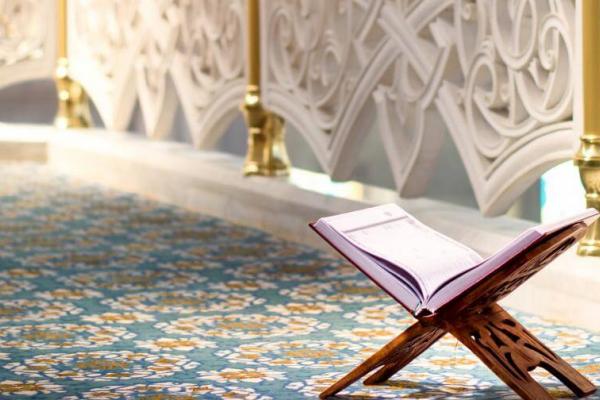Feb 24, 2017
We do not believe the same thing. We are Abrahamic siblings, yes, and deeply connected in important ways, but our faiths, theology, practice, histories, views on God are different.
But love.
Read the Full Article

Already a subscriber? Login
